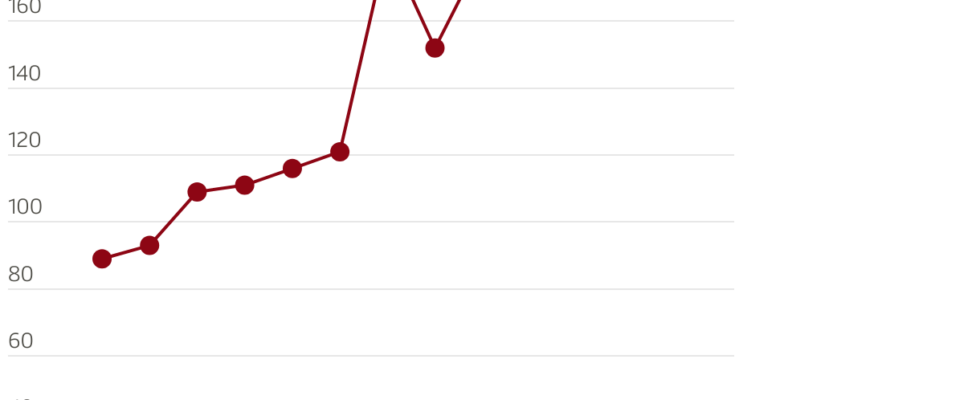Contents
The emergency services help each other out. But for employees, shifts are becoming increasingly longer and more intense.
In the event of a medical emergency, things have to be done quickly. If there is a lack of personnel in the emergency services, things quickly become critical. SRF has figures from the Inter-Association for Rescue Services, which were collected in this form for the first time. They show that emergency services across Switzerland currently cannot fill 180 full-time equivalent positions, and the trend is rising. This corresponds to around seven percent of all jobs in the industry.
Training qualifications are not enough
To close all the gaps, around 230 paramedics would be needed across Switzerland, says Roland Portmann. He is a media spokesman for the Swiss Paramedic Association. “This is remarkable, we are particularly concerned about how this development will continue.”
What is particularly difficult for the industry is that the demand cannot currently be met through training. The number of training qualifications has increased in recent years. But fewer graduates graduate every year than the industry currently has open positions. In 2022 there were almost 200.
More and more missions
Meanwhile, the volume of use is constantly increasing. This is due, among other things, to demographic developments. And also with a partial lack of basic medical care. In some places it is almost impossible to find general practitioner practices that are still accepting patients. Or those affected don’t even bother to see a family doctor.
We are particularly concerned about how this development will continue.
In addition, the emergency number is now more often called for even minor cases. The emergency services are responding to this with new operational concepts. In Zurich, for example, they no longer always send an ambulance with two paramedics. Instead, a paramedic goes out alone and helps on site.
Because the requirements for paramedics in this country are higher than elsewhere, the industry cannot simply recruit abroad, says Portmann. In order to cross the border, complex additional qualifications are required. And applications from Germany, which comes closest to Swiss training, have recently declined.
Not all outpatient clinics can be staffed
Due to the shortage of personnel, the emergency services can no longer staff all of the ambulances that are actually planned. Failures occur.
Portmann emphasizes that people can still help each other out: “Nobody has to wait any longer for an ambulance in an emergency.” If in doubt, emergency services in neighboring areas would help out.
The burden on individual rescue workers is increasing.
“But you can’t explain it away: the burden on the individual emergency services is increasing.” The shifts become longer and more intense. And, as in other medical professions, people are at risk of burning out. They leave the industry again or take a break, which increases the shortage.
The industry has recently increased its efforts to attract young talent, for example with advertising campaigns. But if the industry is not to become an emergency itself, training numbers must be further increased and working conditions improved.
